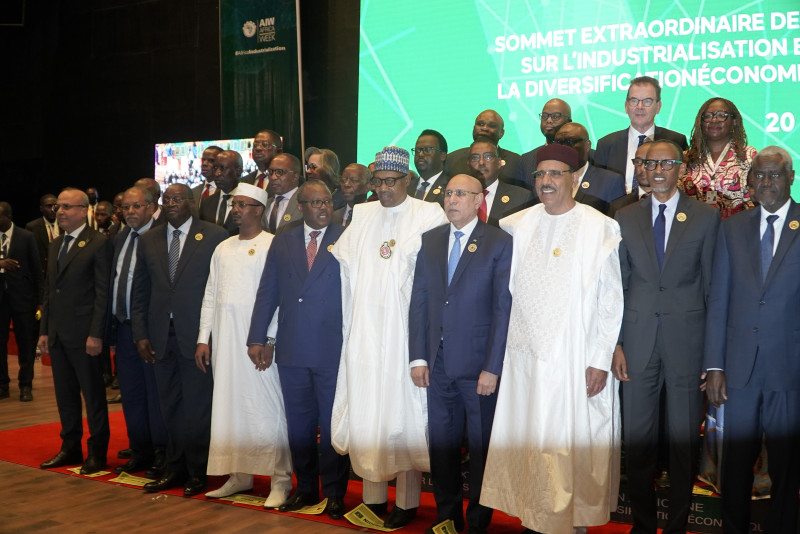A non-profit international non-governmental organisation of young people, Junior Chamber International Nigeria, in collaboration with CreditPRO had unveiled the winners of Women’s Entrepreneurship Day Program it organised recently.
Speaking at the maiden edition of Women’s Entrepreneurship Day Program themed; ‘Defining The Future: Women in entrepreneurship, sustainable businesses and strong institutions,’ the National President of the JCI Nigeria, Olawale Bakare, said the initiative aimed to celebrate, motivate, and support ‘Women in Business and Entrepreneurship.’
“This project is in commemoration of the Women’s Entrepreneurship Day which is celebrated globally on November 19, every year. In partnership with CreditPro Business Support Services, we are very optimistic that the program will no doubt impact, empower and support ‘Women in Business and Entrepreneurship’ intellectually through our lineup of seasoned successful entrepreneurs.
CreditPro, the major partner of the initiative empowered three female business owners with N1.5 million.
The Chief Executive Officer of CreditPro who was represented by the company secretary, Judith Salami-Eyo used the opportunity to laud the initiative and advise the winners to “devote more time to work on your business as against working in your business. Many entrepreneurs only work in their businesses. Meaning they do the daily routine of operations, marketing and finances. To scale your business, you need to work on the business. You need to improve on processes. Get investments. Review strategies, etc. It is only entrepreneurs who devote time to work on their businesses that will scale their businesses.”
With 113 business proposals and nine pitches, three winners finally emerged. Imam Aishat of Tripple A Spices, Oghenetejiri Ogodo of La Tejcreations and Joy Olusile of 9japhonographer all emerged winners and each went home with N500,000.
The JCI president while speaking at the maiden edition, said, “The reality of today is that the entry barriers for female entrepreneurs are unbelievably high. From traditional views on women’s role, access to network in corporate and management leadership to limited knowledge and training in business and Information Technology skills and probably most defining; low funding and limited access to capital for female-owned business. It is reported that women have access to only one-third of the starting capital that men do, irrespective of sector.
“Through the Women’s Entrepreneurship Day Programme, it is our desire to help more women start and run sustainable businesses while empowering female entrepreneurs with skills and knowledge to enable them build and grow global business. To achieve this, we found an incredible partner in CreditPRO, with whom we share the noble objective of supporting small enterprises and invariably, rebuilding the economy in advancement of our JCI RISE initiative.”










